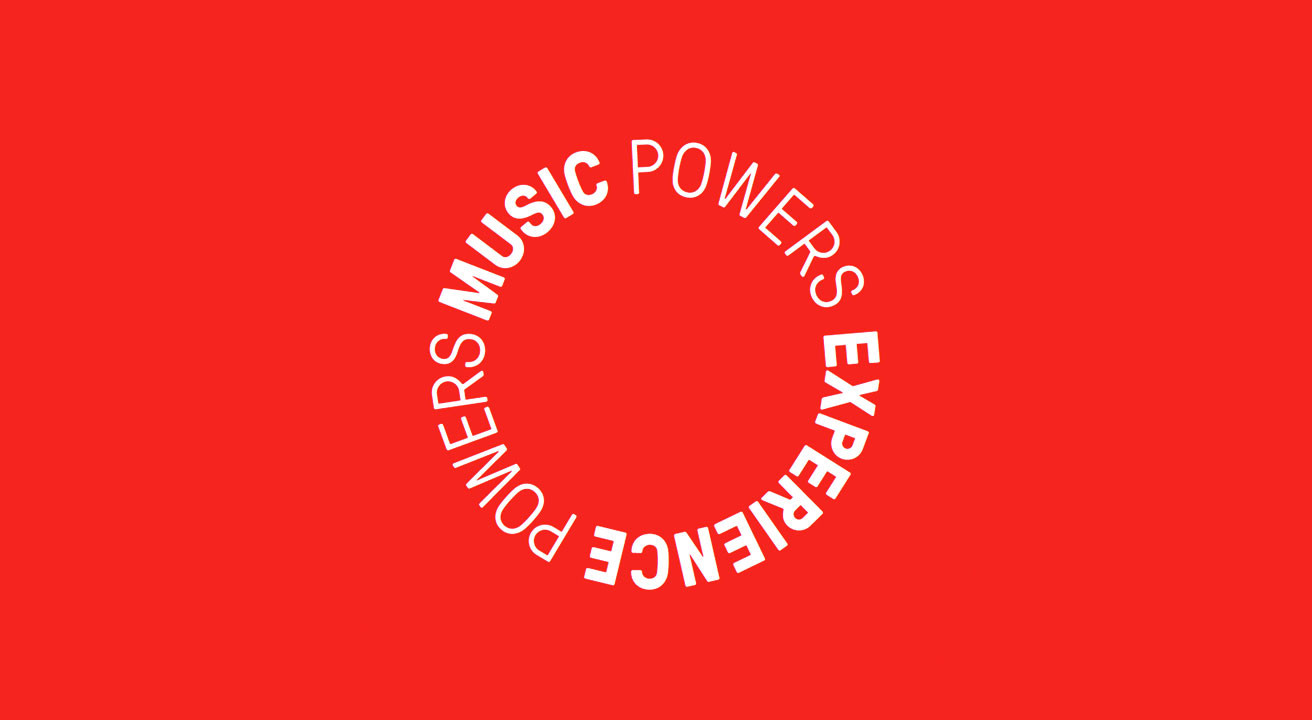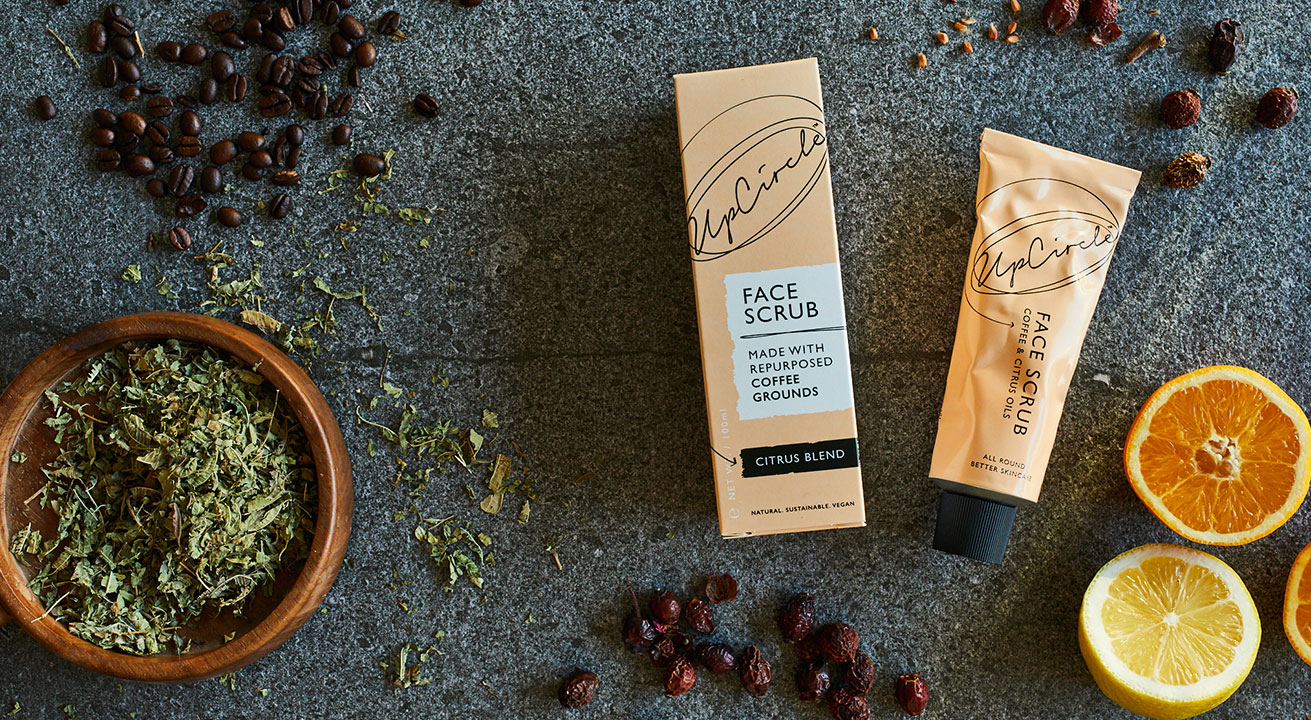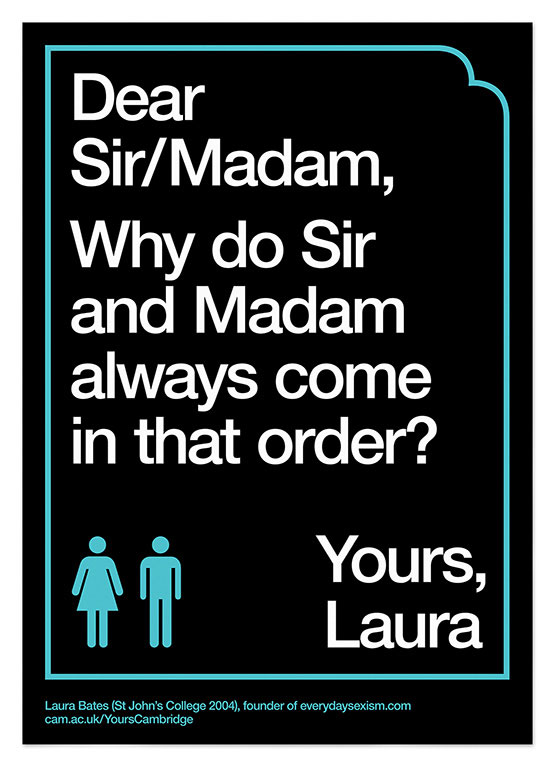Why copywriting is more important than you think
Original Source: http://feedproxy.google.com/~r/CreativeBloq/~3/Gy-Y3KQjAb0/why-copywriting-matters
Copywriting in branding and advertising has always been an important part of the industry, and the role of words in advertising in particular has previously been recognised at the D&AD Awards, with its Writing for Advertising category.
This year, that category is no more, and many have been left baffled by the decision, or are at least lamenting it. Creative director Jack Davey took to Twitter to show what some famous adverts would look like without the words (below). Spoiler: it's not good. See our favourite print ads for more examples of compelling copy in advertising.
As you can see, these ads are far less impactful without their accompanying copy. In recognition of the role of words in creating powerful branding, the Brand Impact Awards has this year launched a new craft category as part of its awards scheme: copywriting. Two other new craft categories have also been launched: typography and illustration – and you have until 26 June to enter the prestigious awards.

Enter your best branding now
Here, judges from the Brand Impact Awards' specialist copywriting panel share how copywriting can define and invigorate a brand, and how you can best use words to shape an identity.
01. Listen and learn

Identity for performance space The Roundhouse
"Sometimes we do little more than ask intelligent, informed, pointed questions – and then listen," explains Mike Reed. "Sometimes we use workshop exercises, like pulling up famous faces: one client described how they were currently Scotty (nervous, risk-averse, caught up in technicalities) and wanted to become more Kirk (confident, direct, visionary). Your ears, and what sits between them, are your most effective tools."
02. Don't obsess over tone
"The obsession with 'tone of voice' emphasises tone over content and message, and leads to a lot of wasted investment," argues Nick Asbury. "If you think about the brands who are known for their words – let’s say Jack Daniel's, Innocent and The Economist – then the effectiveness is rooted not so much in the tone, but the content. Given a limited budget, I’d advise any client to pay a good copywriter to write as much real stuff as possible. It's more useful than any tone of voice guidelines."
"Sometimes, brands get caught up in wanting to sound different or show loads of personality through their words, when what they actually need is to be clear and straightforward, and focus on writing well," suggests Kate van der Borgh. "Tone can come afterwards, and it might be very subtle."
03. Don't patronise your audience

Vikki Ross has crafted words for Paperchase
"We seem to be going through a phase of products talking to us in the first person," laments Vikki Ross. "You know, 'Fix me, I’m broken'; 'Take me home'; 'Buy me'. Grown-up products like machines, toiletries, champagne. Not stuff for kids, but copy like this looks like it's aimed at kids. Too twee for me."
04. Make the most of microcopy

Every word counts, as this work for Upcircle shows
"Turning an Innocent carton over to find ’Stop looking at my bottom’ remains a delight," says Reed. "But it doesn’t have to be silly. The little line of explanation under a data-entry field can be just as pleasing, if it perfectly anticipates the question forming in your head. Or if it adds a fun little twist to the process. Or – joy of joys – both."
05. Stay consistent
"Tricky things, like letters to customers apologising for something going wrong, are super important bits of brand writing," insists van der Borgh. "You see it all the time: a brand is all warm and friendly in its welcome email, but stern and overly-formal when something goes wrong. It's like a mask slipping, and it doesn't help build trust."
06. Consider something different

Part of a campaign for University of Cambridge
"Most brands stick to a narrow range in the tone of voice spectrum – somewhere around friendly, professional, warm, human," says Asbury. "But what would a sarcastic or miserable brand sound like? Could a brand be inexplicably angry with you? In a world of nice smoothies, a miserable or stoical one would stand out."
07. Stay in character
"Brands that stay true to their personality for years see results," says Ross. "Take the opportunity to make things like call-to-action buttons feel yours. For instance, Virgin Atlantic says 'Take me there' instead of 'Book now'. 'Book now' may result in more clicks, but that's for a newer brand that must be more direct with its audience at first. If brands start talking formally and functionally when they don’t usually, it puts usual customers off."
Submit your best copywriting in branding to the Brand Impact Awards by 26 June.
Read more:
5 steps to building a strong brand voiceBrand typography: a complete guideComputer Arts survived by the Brand Impact Awards

Leave a Reply
Want to join the discussion?Feel free to contribute!